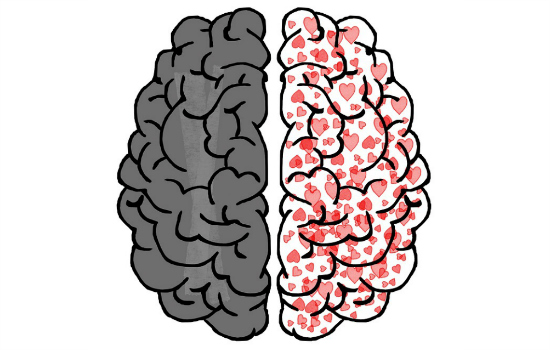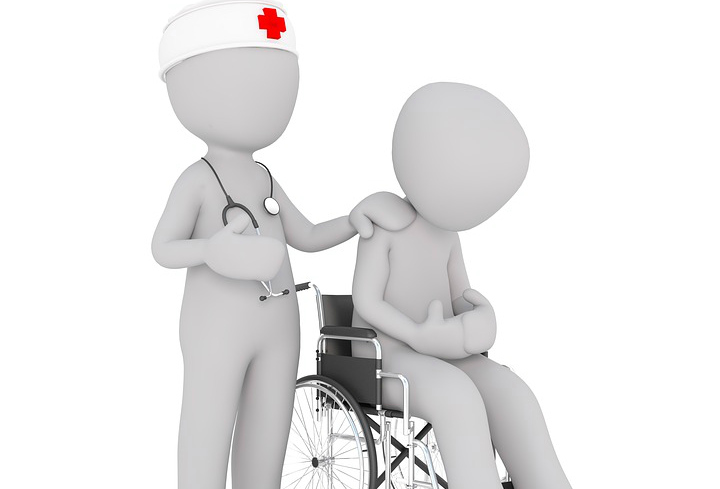
It is not a coincidence that happy couples share many of the same behavioral patterns. Often, we think that being happy means we have fun sharing the same hobbies or doing everything as a couple. While sharing activities enhances relationships, the most important components to successful relationships are found in how individuals within a relationship treat each other. In large part, it relies on communication and behavior.
Some of the most important aspects of having a successful relationship with your significant other include:
Friendship: Being friends and genuinely liking your partner is one of the most important components of a happy and successful relationship. If you don’t like the other person, how can you truly love them?
Enjoying your partner’s company: Laughter is not only good medicine, but it is also the glue that binds relationships and creates memories. Laughing together and even crying together are meaningful in good relationships.
Being spontaneous: All of us have preferences, likes and dislikes. When you’re spontaneous about trying new food, travel plans, places to visit and other novel experiences, you expand your personal horizons and show respect for your partner’s preferences as well. Life is more interesting if we can be spontaneous together.
Having your own life: Developing a healthy relationship is about two independent and emotionally mature individuals joining company to share their lives together. Sometimes our needs can become interjected into our relationship in a way that creates a co-dependent dynamic. This can derail happiness in an intimate relationship.
Being fully, purely present to your partner: It has been said that there is no greater gift than our full, complete presence to another. Being authentically interested and attentive to the other person is a hallmark of a healthy, happy relationship.
Showing and expressing affection: Physical touch is an important part of happiness and fulfillment in relationships. Couples can often express that just by holding hands or sharing affection with their partner. This is a very important part of feeling loved and cared for.
Being caring and kind: Kindness is one of the most attractive things about another person. When we are kind, not only do we feel good about our behavior, but our significant other feels good about our behavior as well.
Being honest: If we give our partners a sense that we are devoted and loyal to them and they provide that for us, we create the foundation of a truly lasting and loving relationship. Marriages or relationships often break up because of trust issues. Trust is the foundation of all good interactions.
Being committed: When we are committed to someone, it means that we are there for them and can be counted on to support them in times of need. This is what we all want from our relationships. In order to depend on this benefit, we need to provide it as well.
Communicating: By actively communicating with your partner on an ongoing basis, you can avoid many of the problems that arise in relationships before they even get started. Being proactive and checking in with each other on a regular basis to see how things are for the other person goes a long way in preventing difficulties with conflicts and unmet needs.
Sustaining A Relationship
Creating and sustaining a loving, trusting and lasting relationship is one of the most fulfilling experiences a person can long for and look forward to. While this is not a complicated process, it does require awareness and cultivation similar to what you need in raising a child or growing a garden.
If you keep disruptive weeds from infiltrating the flower beds of your relationships, you can enjoy the uninterrupted beauty of longed-for interactions and reduce the work, wear and tear that neglect can produce. Relationships take time, caring and commitment, but they are truly worth it.
For a free download on communication skills for enhanced relationships, visit http://www.changingbehavior.org/
FREE Whole Health Consultations available.
888-354-4325 Take charge of your health!

 Other studies demonstrate that women in their 40s who endure difficult or negative marital-type relationships experience a higher risk for cardiovascular disease than women with fulfilling relationships.
Other studies demonstrate that women in their 40s who endure difficult or negative marital-type relationships experience a higher risk for cardiovascular disease than women with fulfilling relationships.








